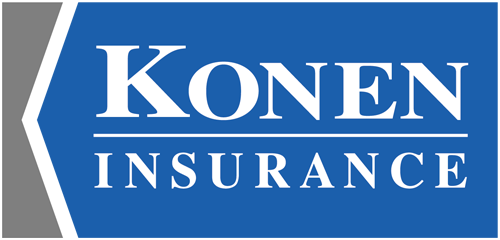They say some things never change.
There is a giant glossary of insurance terms and coverage options that exist. Reading through all of them feels like reading a dictionary. However, there are some terms that you will see regardless of the type of coverage you are shopping for. Regardless if you are a person shopping for the best health benefit through your employer, or you are a business owner looking for a new workers compensation policy, you will want to have a working knowledge of the most common insurance terms to make shopping and utilizing insurance much easier.
Coverage
Arguably the most important aspect of any insurance policy is the coverage. Insurance coverage refers to the specific terms of your policy. Your policy will fall into a general category: home, auto, flood, etc. For example, you may have home coverage that would cover you in the event that there is home damage from a natural disaster. But this same coverage may not protect you from an accidental fire. Additionally, your policy will specify the percentage or amount that your insurance company will compensate for. For example, they may cover 50% of damages from a natural disaster or up to $200,000. Deciphering what coverage you need and how much of it is the first step in choosing an insurance policy.
Premium
A premium is the monthly (usually) payment an insured person makes to their insurance company. It is essentially the price of the insurance policy that does not include the additional costs associated with filing a claim. For example, say you are shopping for an auto policy and you are comparing two policies. Let’s say one has a premium of $100 a month while the other has a premium of $200 a month. One policy will cost you $1200 over the year while the other will cost you $2400 a year. These prices would not include any other payments that would need to be made if you were to file a claim.
Deductible
A deductible is a set amount of money that must be paid by the insured person when a claim is filed. The insurance company will not compensate for a loss until the deductible has been paid. For example, say you have a dental policy with a deductible of $1000. Let’s say you need to have dental work done that will cost $2000 and this is the first time you have been to the dentist in this calendar year. You would need to pay the first $1000 dollars yourself before your insurance company will help you pay for the second $1000. Often, deductibles only need to be paid once in a calendar year and only need to be paid if a claim is filed.
Claim
A claim is a formal request by a policyholder to their insurance company. This request is for compensation for a loss or event. The loss must explicitly be covered by the policy prior to the loss occurring. The insurance company has the right to reject the claim if the loss is not covered under your policy. This means no compensation will be awarded for the loss. For example, you would file a claim if you had fire coverage and your home burned down. Your insurance company would analyze the claim and what is covered under your policy and compensate you according to the terms of the policy.
How to File a Claim
When something unfortunate happens it is best to file your claim as soon as possible. If there was a crime such as a hit and run or a break-in, notify the police immediately and then take the necessary steps to file your claim. Contact your insurance agent as soon as possible to review your coverage and the claim. You may not want to file a claim if the loss you experience is less then your policy’s deductible which would mean you are responsible for the cost of the loss regardless. Take pictures of any damage from the loss and create a list of the damages and any receipts for repairs. Contact your insurance company and establish your claim request. You will then receive claim forms from your carrier. Fill out these forms and promptly return them to your carrier and your formally filed claim will be underway.
Independent Insurance Agents
These terms are the most common terms related to insurance. They will always be there no matter what policy you are shopping for. However, they are just the tip of the iceberg for insurance terms and many other common terms are regularly used. At Konen Insurance, we aim to help our customers by providing them with custom policy recommendations and top-notch advice to make shopping and utilizing their insurance coverage easy and effective. Please, contact one of our knowledgeable agents if you have insurance inquires.
